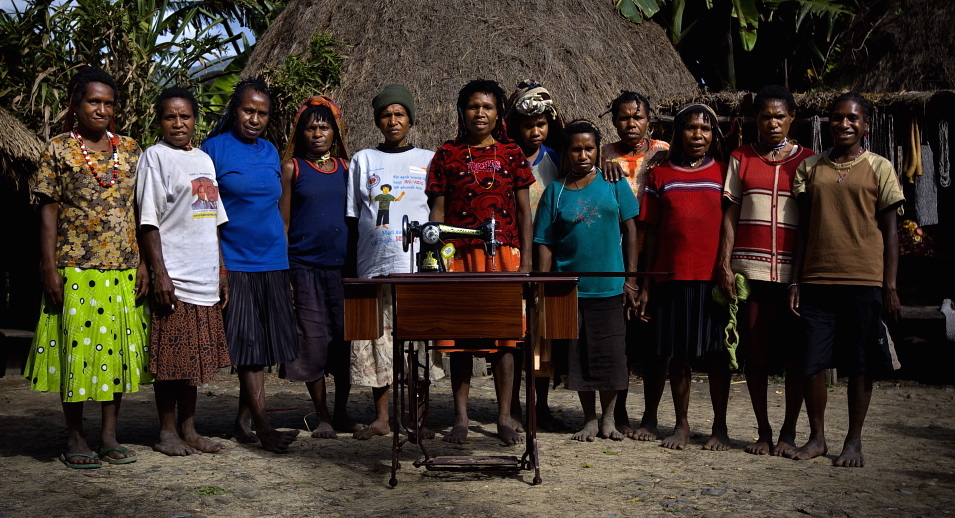Send to a friend
The details you provide on this page will not be used to send unsolicited email, and will not be sold to a 3rd party. See privacy policy.
[JAKARTA] Indigenous communities from Indonesia have been awarded the Equator Prize 2015 by the UN Development Programme (UNDP) for their struggle in advocating land rights and environmental restoration.
They are among the 21 community initiatives in Asia, Middle East, Africa and Latin America that were given the UN prize on 21 September for securing land rights, protecting forests from destruction, saving endangered species and creating thousands of jobs for their localities.
During the press conference in New York announcing the winners, UN climate chief Christiana Figueres linked the importance of the upcoming UN climate change conference in Paris this December to the role of indigenous groups and local communities in assisting the world to reach its collective climate goals.
“The agreement governments will reach in Paris will be a crucial catalyst for sustainable development in the twenty-first century — everyone from governments, cities and companies to local and indigenous communities have an interest and everyone has a role to play in reducing emissions and building resilient societies,” she said.
“These winners show what is possible when indigenous people and local communities are backed by rights to manage their lands.”
By Helen Clark, UNDP administrator
One of the winners is Komunitas Adat Muara Taen, an indigenous group in East Kalimantan which has replanted 700 hectares of forests with traditional wood and fruit trees. They have also been struggling for land rights in Muara Tae since the 1970s to protect their land from the government and private companies which are trying to claim these.
Hairudin, information head of the Indigenous Peoples' Alliance of the Archipelago (AMAN), the umbrella group of Indonesian indigenous groups, tells SciDev.Net that the people of Muara Tae are a unique community compared to other indigenous groups in Kalimantan because of their persistence in asserting their rights.
“The people in Muara Tae have kept on struggling and they have secured 4,000 hectares of traditional forests,“ he says.
Other winners from Indonesia are Peoples in the Heart of Borneo, an Indonesia-Malaysia indigenous peoples’ alliance championing land rights and improved livelihoods, and Kelompok Peduli Lingkungan Belitung, an environmental group in Belitung island, Sumatra which has restored coral reefs and fishing zones devastated by tin mining.
Three other winners in the Asia-Pacific are the Prey Lang Community Network in Cambodia, an alliance of indigenous Kuy communities that have protected 500,000 hectares of lowland forests through forest patrols and geo-referencing technology; the Yunnan Green Watershed Management Research and Promotion Center in China, a model for indigenous self-organisation which has protected over 1,300 hectares of mountain forests; and the Wanang Conservation Area in Papua New Guinea, an alliance of ten indigenous groups which has protected 10,000 hectares of forests from commercial logging and operates a research station.
According to UNDP administrator Helen Clark struggling for land rights is good for the climate and sustainable development because forests and wildlife are protected, water is secured, jobs are created and local people are empowered.
“These winners show what is possible when indigenous people and local communities are backed by rights to manage their lands, territories and natural resources,” she says.
>List of 21 winners of the Equator Prize 2015 of UNDP
This article has been produced by SciDev.Net's South-East Asia & Pacific desk.














